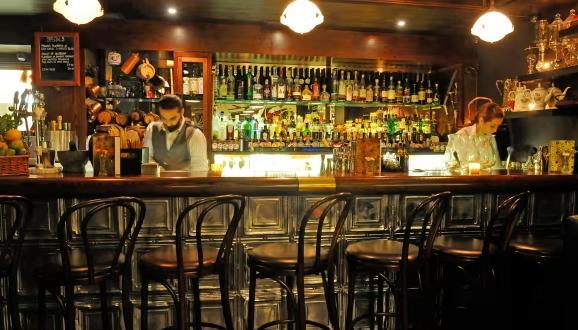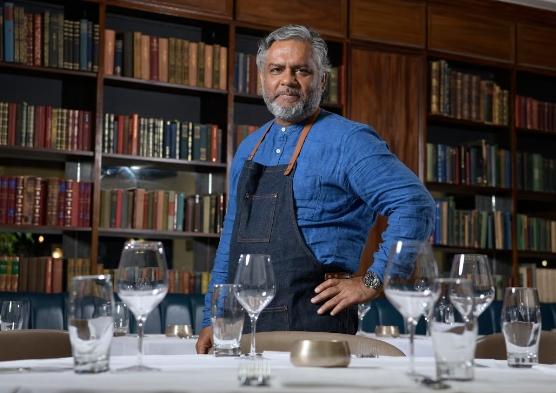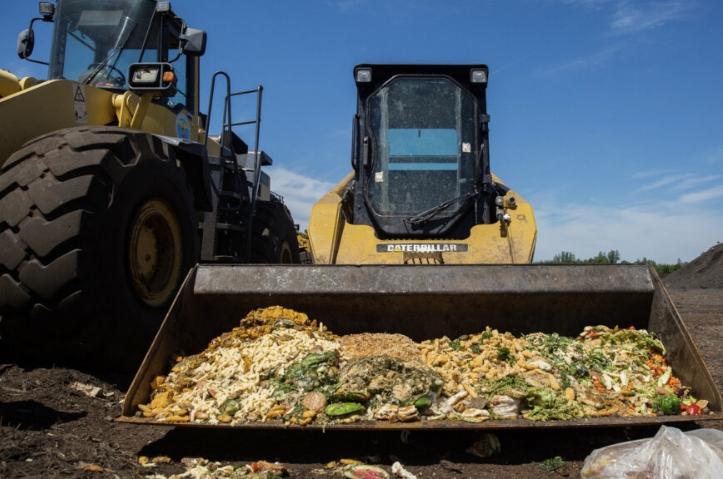The hospitality industry in the UK is grappling with a new normal as economic hurdles and labor shortages present unprecedented challenges. Pubs and restaurants are now innovating and adjusting their operations to weather this storm.
These adaptations are characterized by simpler menus, reduced meat offerings, adjusted operating hours, and the employment of younger, less experienced staff.
Revamping the Menu
Vivek Singh, owner of the Cinnamon Club and three other central London eateries, exemplifies this adaptative trend. He removed the beloved butter chicken from the menu due to the soaring prices and periodic shortages of tomatoes. Singh substituted it with a tomato-free jungle curry chicken, stating:
“As prices increased it became vital to manage costs. It was not our first resort to put prices up for customers, but instead adapt to the circumstances.”
Jack Stein, of Rick Stein Restaurants, noted a change in customer behavior due to economic pressure, leading to their introduction of a £17.50 set menu featuring locally sourced, seasonal produce.
“This is vital as we are struggling with fixed costs going up like the rest of the industry,” Stein adds.
Embracing Plant-Based Options
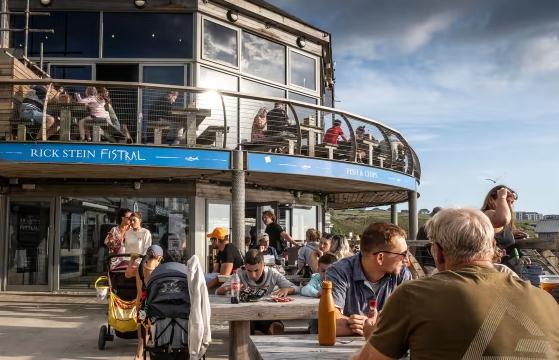
With the rising costs of meat, dairy, and eggs, chefs like Stein and Singh are incorporating more vegetarian and vegan options. Singh believes that offering such choices is “the future” as diners are seeking more variety and alternatives. Pascal Aussignac of Club Gascon notes an evolution in diner preferences and now boasts a vegetarian tasting menu featuring produce from the restaurant’s private garden.
Adjusting Operating Hours
The hospitality industry’s labor crisis, partly attributed to Brexit and the pandemic, has prompted many establishments to reconsider their operating hours. Singh emphasizes the need for flexibility, while Club Gascon has trimmed its opening times, even eliminating lunch service.
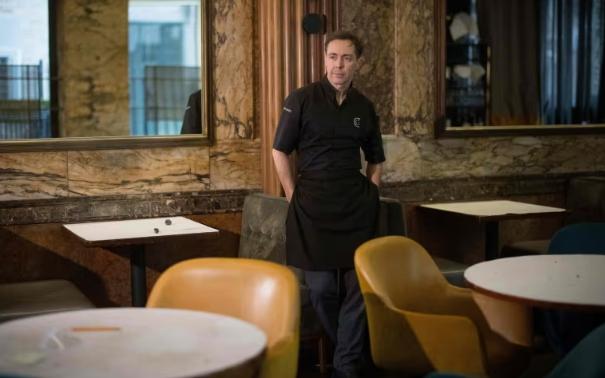
“For the first time ever I will be closing Club Gascon for two weeks in mid-August so the whole staff can take a summer holiday, as we are unable to find staff to cover when people are away,” Aussignac revealed.
A Younger Workforce
Roisin Stimpson, co-founder of Speakeasy Entertainment, shares her experience of an influx of young, inexperienced staff. The shift in the labor market forced her business to invest more in training.
“A rise of more than 10% in staff wages since 2021 eats into profits,” she laments, highlighting the financial strains placed on businesses.
Innovating Promotions
In the face of the cost of living crisis and diminished disposable incomes, innovative promotions are another adaptation. Singh introduced a Kolkata-inspired afternoon tea to attract a different customer base. Charlie Deuchar of Bayards Cove Inn has started offering free children’s meals to draw in families and boost early evening trade.
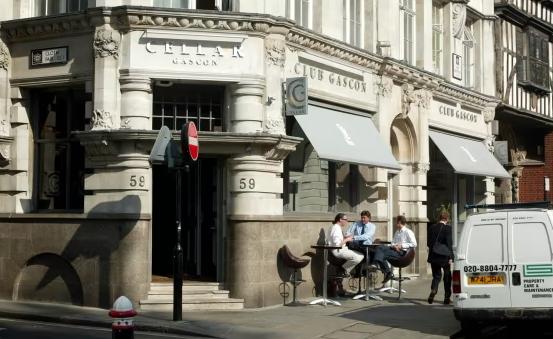
Stimpson notes a decrease in late-night trade and reveals strategies to counter this.
“We’ve responded with packages of drinks and food, as well as flights of cocktails such as our current Sip and Savour menu to encourage people to stay out and make a night of it,” she shares.
Concluding Thoughts
These adaptations illuminate the resilience and ingenuity of the UK’s hospitality sector amidst a backdrop of economic and operational challenges. While the journey is tough, the innovative shifts in menus, staffing, operating hours, and promotional offerings showcase an industry determined to not just survive, but thrive in the face of adversity.
